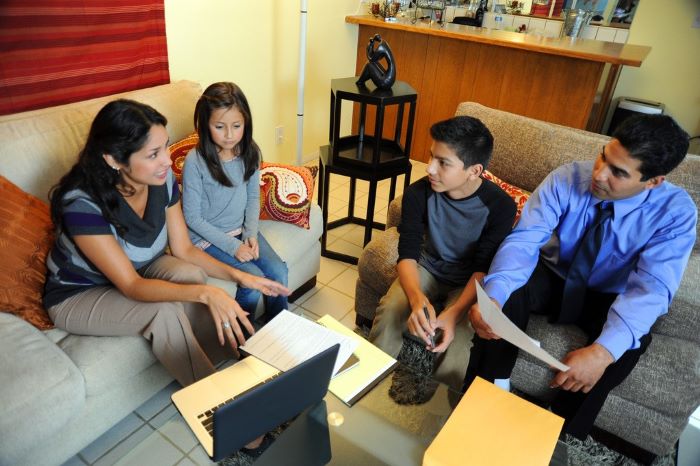
Life can be unpredictable. From severe weather events to unexpected crises, it’s essential for everyone to be prepared for the unknown. As a hands-on industrial mechanic turned website owner, I’ve encountered situations where preparedness has made all the difference. Let’s dive into how you can ensure that your home is equipped and ready to handle whatever challenges come your way.
The Importance of a Plan

Before we discuss the specifics, it’s crucial to have a comprehensive plan in place. And no, I’m not just talking about having a first aid kit stashed away in a closet. I’m referring to a full-blown strategy that covers all potential scenarios. Recently, I came across an impressive guide called the Final Survival Plan, which offers invaluable advice on this subject. Based on exhaustive research by historian John Stone, this resource is an all-encompassing guide that can prove essential during unexpected events.
Reinforcing Your Home
1. Secure Windows and Doors: Reinforce these potential entry points with shatterproof materials to prevent break-ins and protect against natural disasters.
2. Backup Power: Consider investing in a reliable generator. You never know when a blackout might strike. It’s not just about convenience; it’s about safety, especially during extreme temperatures.
3. Store Essential Supplies: From clean drinking water to non-perishable food items, have a stash that can sustain your family for at least three days. Remember to check and refresh these supplies periodically.
Mental and Physical Preparation
1. Learn Basic First Aid: In emergencies, immediate response can be crucial. Familiarize yourself with basic first aid techniques and invest in a comprehensive kit.
2. Evacuation Route: Plot out the quickest routes out of your home and neighborhood. Ensure every family member is aware of these paths and practice evacuation drills regularly.
3. Stay Informed: Equip your home with a weather radio and subscribe to local emergency alert systems. Staying updated allows you to make timely decisions during crises.

4. Skills Development: Equip yourself with essential survival skills. Whether it’s starting a fire or purifying water, these skills can be lifesavers. On that note, this piece on brain-boosting snacks might help you stay sharp and ready.
Community Collaboration
Building a sense of community can significantly enhance disaster preparedness. Form or join local community groups focused on disaster preparedness. Sharing resources, knowledge, and manpower can be the difference between mere survival and thriving post-disaster. Not to mention, working with neighbors can help foster a sense of unity, crucial during challenging times.
During my research, I also stumbled upon this article on excelling in scholarship interviews. While it may seem unrelated, the core idea of preparation is universal. Being prepared for an interview, just like preparing your home for disasters, can drastically alter outcomes.
In conclusion, preparedness is not about living in constant fear; it’s about equipping yourself and your loved ones to face challenges head-on. By following the steps above and having a reliable guide like the Final Survival Plan at your disposal, you’ll be well on your way to securing a safe environment for your family. Remember, it’s better to be over-prepared than caught off guard. Stay safe out there.
The Psychological Aspect of Preparedness

While most discussions about preparedness center on the physical aspect, the psychological element is just as crucial. Understanding the possible emotional responses to disasters can help individuals navigate through challenges more efficiently. Fear, anxiety, and stress are common reactions to emergencies. It’s essential to recognize these emotions, acknowledge them, and have strategies to manage them. Practicing mindfulness, engaging in deep breathing exercises, and maintaining regular communication with loved ones can offer emotional relief during tense situations.
Importance of Document Safety

An often-overlooked aspect of disaster preparedness is securing important documents. These can include identification papers, property deeds, insurance policies, and financial documents. In the aftermath of a disaster, having access to these documents can simplify the recovery process. It’s wise to store originals in a fireproof and waterproof safe, and also keep digital copies in a secure cloud storage. Remember, replacing these documents can be a lengthy and often challenging process, so it’s better to be proactive in their protection.
Retrofitting and Home Upgrades
As the saying goes, “A stitch in time saves nine.” Making some strategic upgrades to your home can significantly reduce the damage caused by certain disasters. For those living in earthquake-prone areas, retrofitting the home can make it more resilient to tremors. Those in hurricane zones might consider installing storm shutters or reinforced roofing. It’s an investment, not just in the property, but in peace of mind. Before making these upgrades, consult with local experts to understand the most beneficial changes for your specific location and home type.
